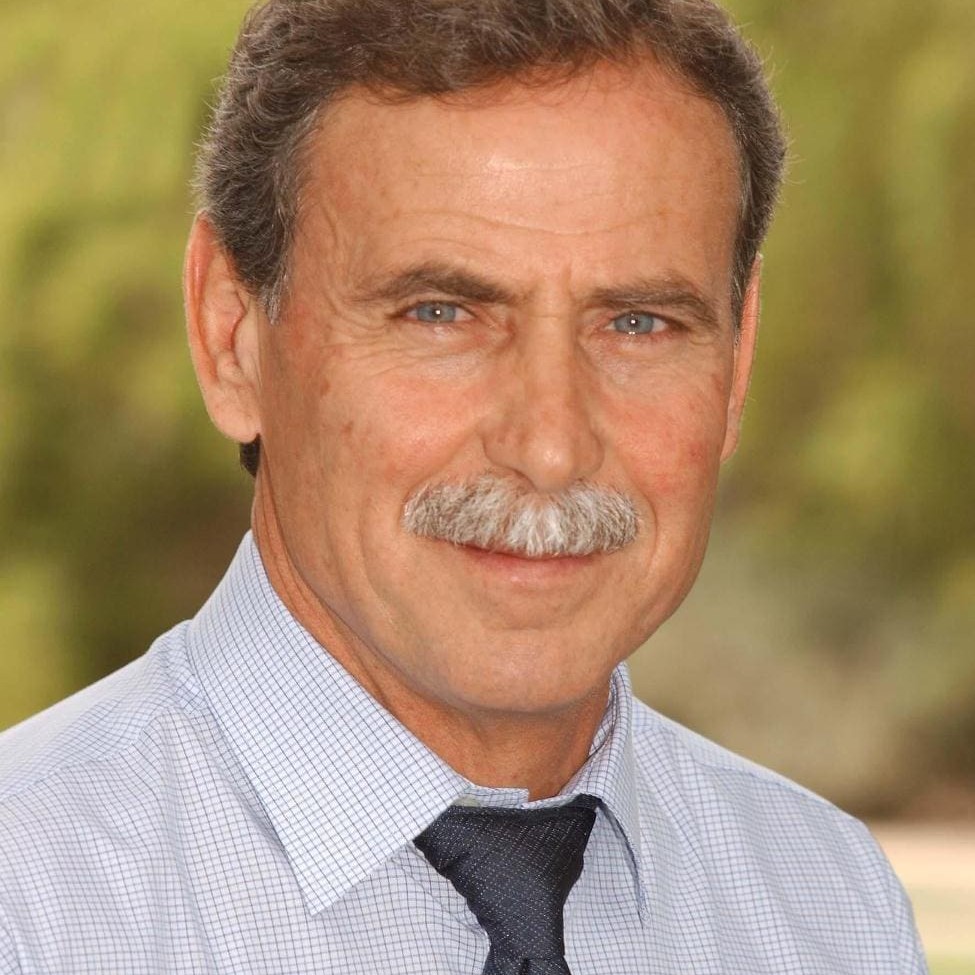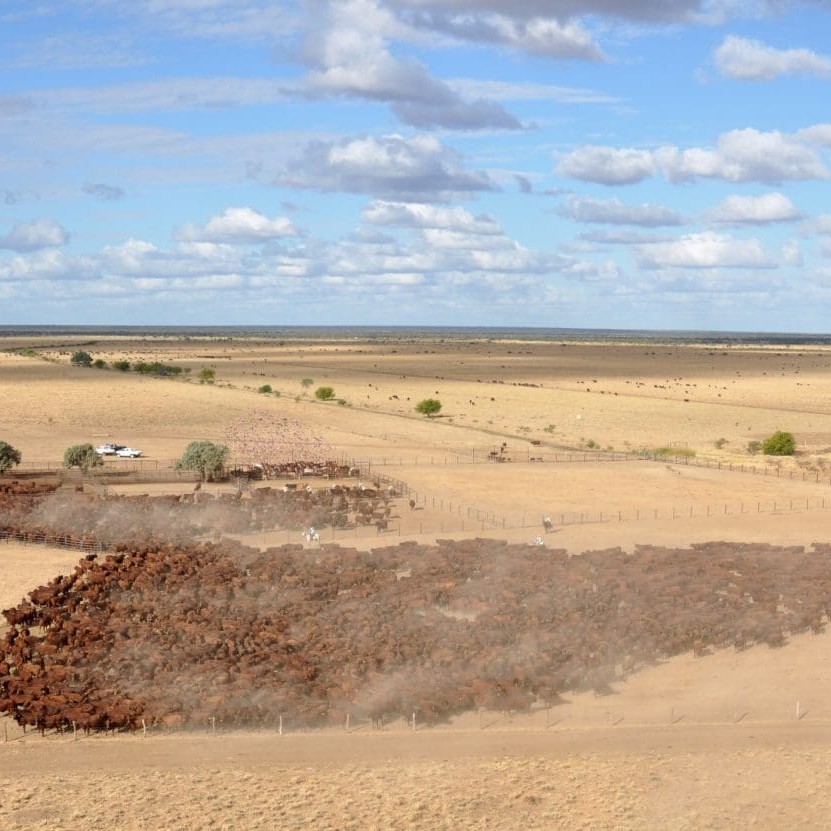Comment: by Michael D’Occhio, Professor of Food Security within the School of Agriculture and Food Sciences’ Global Change Institute, University of Queensland
 Australia’s more extensive northern beef industry is in a position to benefit and indeed prosper from current and emerging global trends in both the demand for food and food production systems.
Australia’s more extensive northern beef industry is in a position to benefit and indeed prosper from current and emerging global trends in both the demand for food and food production systems.
There are at least four certainties with regard to future global food:
- the world will need to produce more food
- the demand for animal protein including red meat will increase
- there will be more markets, and
- food production will require environmental consciousness.
The latter will include a greater role for agriculture in ecosystem services and the Carbon Farming Initiative (CFI) can be regarded as an early example in Australia.
The expansive nature of the northern beef industry across many environments provides the opportunity to create a diversity of revenue streams from ecosystem services than will not be possible in more restricted intensive production systems typically found further south.
Also important will be the contribution of the northern beef industry to biodiversity that is of national and international significance. The growing likelihood of future globally-driven policy that places greater regulation, and potential limits, on the use of crops and crop products for intensive livestock production should also benefit the northern beef industry.
Notwithstanding the positive signals for the northern beef industry, it will not be immune to competition for natural resources and the impacts of climate change and climate variability.
The industry will need to prepare for these challenges and respond accordingly. This will require ongoing research, development and extension in the conventional fields of nutrition, genetics and breeding so that progress can be maintained in the optimal matching of cattle to different environments, production systems and markets.
However, a challenge for the industry will be the balance of R,D&E investment in conventional fields and fields that would appear to be emerging as potentially more important in influencing market access and broader favourable positioning in society.
 Perhaps more attention should be given to ‘ethically-endorsed’ production systems that add value to ecosystems and biodiversity, whilst at the same time being profitable.
Perhaps more attention should be given to ‘ethically-endorsed’ production systems that add value to ecosystems and biodiversity, whilst at the same time being profitable.
Another important balance will be the relative investment in incremental science and transformational science. Both are important, but whereas incremental science results in relatively small advances in production, transformational science, as the name implies, transforms practices and processes and leads to major improvements in production and profit.
Transformational science by its nature is more high risk. Nevertheless, a strong argument can be made for more transformational science given the unprecedented convergence of challenges on agriculture.
If the northern beef industry can get the balance of investment mostly correct, and assuming that climate change is not overwhelming out to 2050 and beyond, then it can be envisaged that the industry will become increasingly recognised and valued nationally and globally for producing nutritious food in healthy and resilient ecosystems.
Greater foresight needed
The positioning of the northern beef industry to capture opportunities presented by local and global demand for food, and more specifically animal protein, will require a greater degree of foresighting (futuring) and the development of a longer-term vision that can be shared by industry and scientists.
This does not mean making wild or unrealistic projections to, say, 2050.
Rather, foresighting can be undertaken using credible empirical information and stepped-out on a decadal basis so that strategic scenarios can be revisited and reframed over time. The difference to what is available today would be a clearer sense of what the industry will probably look like in 2050.
This would allow a road-map to be built to 2050 and the RD&E agenda for the northern beef industry would be better matched to short, medium and longer-term imperatives. It could be predicted that a shared longer-term vision of the northern beef industry would encourage greater support of truly innovative and transformational science.
This may require a change in attitude and approach by both industry and scientists. Given that the longer-term outlook for the northern beef industry is highly likely to be positive, then foresighting will help to encourage the next generation of participants in the northern beef and allied industries, including scientists.
There are important messages about what the industry has to offer that at present are not being adequately communicated either to the community in general or students and graduates more specifically.
As alluded-to above, foresighting will likely encourage at least a partial shift in paradigms that dominate in industry and science.
This should be welcomed and not be seen as a threat or mutually exclusive to the more traditional scoping and planning processes. Foresighting should, however, be kept in perspective and in this regard the need for the northern beef industry to be profitable in the short and medium term is acknowledged.
The northern beef industry faces new and multiple challenges and opportunities, and the case is made that restricted and traditional short and medium-term thinking, by both industry and scientists, will not be sufficient to achieve the balance of RD&E to strongly position the industry to benefit and prosper from the local and global demand for food to 2050 and beyond.
- Do you have an opinion about Michael D'Occhio's views? Comment on articles appearing on Beef Central is limited to subscribers only. Subscribers are invited to post a comment on Michael D’Occhio’s ‘2050 Vision’ thoughts via the panel at the bottom of this page. Readers wishing to register for a free subscription to Beef Central should seek the ‘Stay up to date’ icon on the right-hand side of the home page.



HAVE YOUR SAY